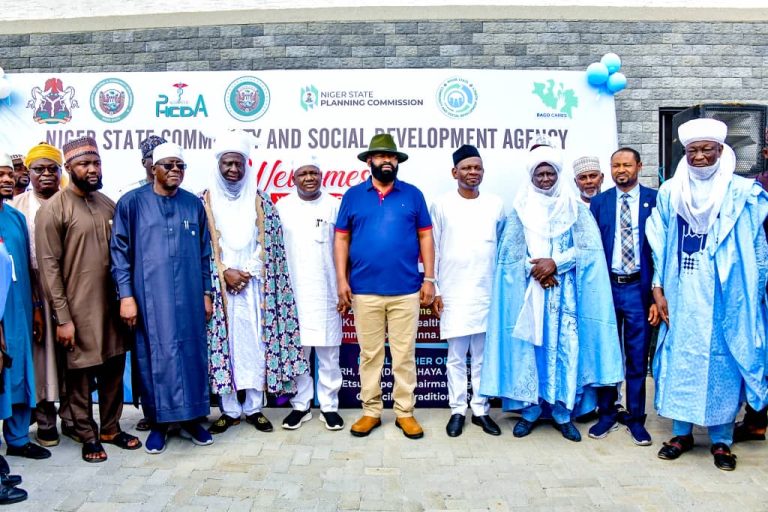Niger State Governor, Farmer Mohammed Umaru Bago, has inaugurated 20 Level 2 Primary Healthcare Centres across 16 Local Government Areas as part of the first phase of a statewide healthcare transformation initiative.
The inauguration ceremony, held in Minna, marks a significant milestone in the implementation of the New Niger Agenda, which prioritizes access to quality healthcare at the grassroots level.
Governor Bago announced that this is only the beginning, as the state government plans to construct 100 such centres, with 40 more set to be delivered in the coming months.
He expressed confidence in the sustainability of the project, citing the robust allocation to the state’s Healthcare Development Fund.
To encourage excellent service delivery and infrastructure maintenance, Governor Bago unveiled a monthly incentive of N5 million for any facility that demonstrates top-tier maintenance and customer-friendly service.
The Executive Director of the National Primary Health Care Development Agency, Dr. Muyi Aina, described the project as a landmark achievement, noting the high standards set for Level 2 PHCs.
Also speaking, Abubakar Atiku Musa, Deputy National Coordinator of NG-CARES, stated that the Niger model will be adopted in NG-CARES 2.0 due to its distinctive quality and impact.
The Commissioner for Budget and Planning and Chair of the NG-CARES Steering Committee, Mustapha Ndajiwo highlighted that the project—implemented through the Community and Social Development Agency (CSDA)—aligns with the administration’s agenda of building a healthier and more productive state.
General Manager of CSDA, Aisha Abdulkadir, praised the collective effort that led to the successful execution of the project and disclosed that the family of the late Senator Idris Kuta, for whom one of the PHCs is named, has pledged to sponsor 100 community members into the NiCARE health insurance scheme.
In their remarks, Commissioners Phalalu Bako (Rural and Community Development) and Dr. Ibrahim Dangana (Primary Healthcare) commended Governor Bago’s commitment to accessible healthcare and urged stakeholders and local communities to maintain the facilities for long-term use


